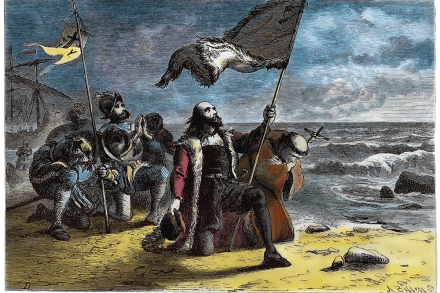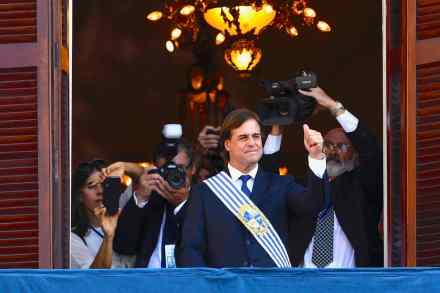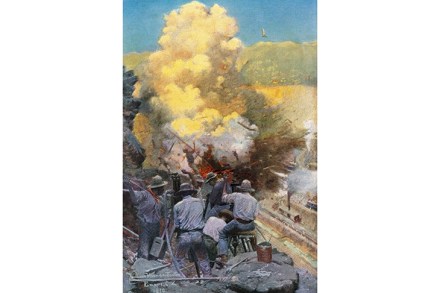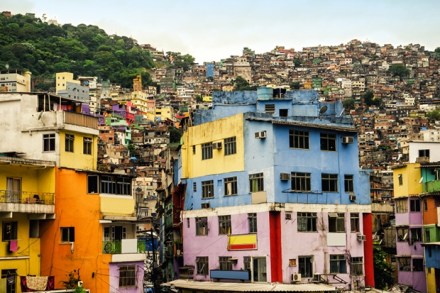North and South America have always been interdependent
In 1797, following a written plea for troops to counter an incursion by an American Revolutionary War veteran into Louisiana, Manuel Godoy, minister to the Spanish crown, made a note in the margin: No es posible poner puertas al campo (‘It is not possible to put up doors in a field’). Both literally and metaphorically,









